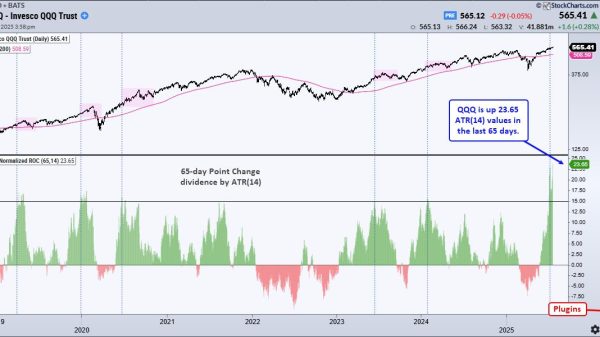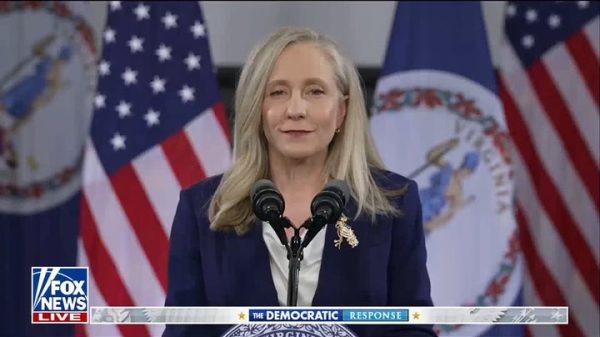
What Is Voluntary Life Insurance?
Voluntary life insurance is a plan offered by employers that pays a cash benefit to a beneficiary when the insured employee dies. Employees pay a monthly premium through payroll deductions for this optional coverage. It’s usually cheaper than individual policies due to employer sponsorship.
Voluntary insurance is a type of insurance that employers offer to their employees as an optional benefit. It allows employees to purchase life insurance coverage through payroll deductions.
The main difference between voluntary life insurance and other types of life insurance is that it’s offered as a workplace benefit, making it more accessible and often more affordable than individual life insurance policies.
How does life insurance work?
Life insurance works by paying a death benefit to the beneficiaries when the insured person passes away. Policyholders pay premiums to keep the insurance active, ensuring that their family members have financial support after their death.
How does voluntary life insurance work?
Voluntary life insurance provides a tax-free payout to your beneficiaries if you die while the policy is active. The cash your beneficiaries get – called the death benefit – can be used for any expense the beneficiary deems necessary; there are no limits on how it may be spent. Coverage amounts are typically determined as a percentage of your base salary.
Voluntary life insurance is an optional benefit that employers may offer as part of a company benefits package to those who meet specific eligibility requirements, like all full-time employees. The employer who offers it may provide the option of having the premium payments deducted directly from the employee’s paycheck. They may automatically enroll eligible employees for little to no cost, but employees have the option of rejecting voluntary coverage.
Types of Voluntary Life Insurance

Voluntary life insurance comes in two basic forms, and you have the option of combining them to make sure you have the coverage you need:
- Term life insurance. This type of policy offers coverage only for a certain period of time, such as five, 10, or 20 years.
- Whole life insurance. This provides the insured with coverage for the rest of their life. In some cases, you may be able to add coverage for your spouse and dependents to the policy.
Example
An example of voluntary insurance could be a voluntary term life insurance plan offered by an employer.
This type of plan provides a death benefit to the beneficiary if the employee passes away during the term of the policy.
Employees might choose this to supplement their existing life insurance coverage or as their primary life insurance if they don’t have other policies.
Voluntary term life insurance provides coverage for a specified duration, like 10, 20, or 30 years. Unlike whole life insurance, it doesn’t accumulate cash value or allow for investment options, making its premiums more affordable. The cost of these premiums remains constant throughout the term of the policy, though they may rise if the policy is renewed.
Voluntary child life insurance
Voluntary child life insurance is a specific type of voluntary life insurance coverage that allows employees to purchase life insurance for their children.
This coverage is often offered as an add-on to the employee’s life insurance plan, providing a death benefit if a covered child passes away.
How does permanent life insurance work?

Permanent life insurance, unlike term life insurance, offers coverage that lasts for the insured’s entire life. It also includes a savings component, allowing the policy’s cash value to grow over time.
This type of insurance is more expensive than term life insurance but can be a valuable part of long-term financial planning.
Benefits
Key benefits include a guaranteed death benefit, portability, and options for additional coverage for family members. It provides financial security for beneficiaries and can supplement other life insurance coverage.
Choosing Voluntary Life Insurance
Opting for employer-provided life insurance can be cost-effective and simpler than individual plans.
It’s often tax-exempt up to a certain coverage amount. Employers and employees alike benefit from the peace of mind it offers, potentially boosting workplace morale and productivity.
Coverage Options
Employees can choose between term and whole life policies, with term being more common for its affordability and whole life offering lifelong coverage and a cash value account. Spousal policies are available at group rates with typically lower maximum coverage.
Tax Implications
The premium for up to $50,000 in coverage is tax-free, but any cost beyond that may be taxable income. Additional features like accidental death coverage can also be included or purchased separately.
How does AD&D insurance work?

Accidental Death and Dismemberment (AD&D) insurance pays out if the insured person dies or suffers a severe injury due to an accident. This type of insurance is a supplemental life insurance offering that provides extra protection beyond traditional life insurance plans.
Special Considerations
Insurers may offer optional riders for extra fees, such as premium waivers or accidental death coverage. It’s crucial to assess current and future needs and compare employer offerings with the market to find the best policy.
Voluntary Term Life Insurance as a Supplement
Some people opt for voluntary term life which is the supplement to whole life insurance. Let’s see an example. Paul is married with children. His whole life insurance policy is worth $50,000. After a financial needs analysis, it seems that his life insurance is insufficient. The life insurance broker suggests that Paul maintain at least $250,000 in life insurance as long as children are minors.
His employer offers voluntary term life insurance with reasonable premiums, and Jordan elects the coverage to supplement their existing coverage until their children reach the age of majority
Is Voluntary Term Life Group Insurance?
Yes, voluntary life insurance operates under a group policy established by an organization. This arrangement enables most individual employees to acquire a policy through the group plan without needing underwriting or undergoing a medical exam.
Moreover, the premium costs are generally lower than those associated with purchasing an individual policy.
How Much Voluntary Term Life Insurance Do I Need?
Although you might desire or require a more substantial death benefit, employers typically cap voluntary term life insurance at 1 to 2 times your annual salary. Meanwhile, other life insurance providers may limit coverage to a range between $50,000 and $250,000.
The post What Is Voluntary Life Insurance? appeared first on FinanceBrokerage.

































